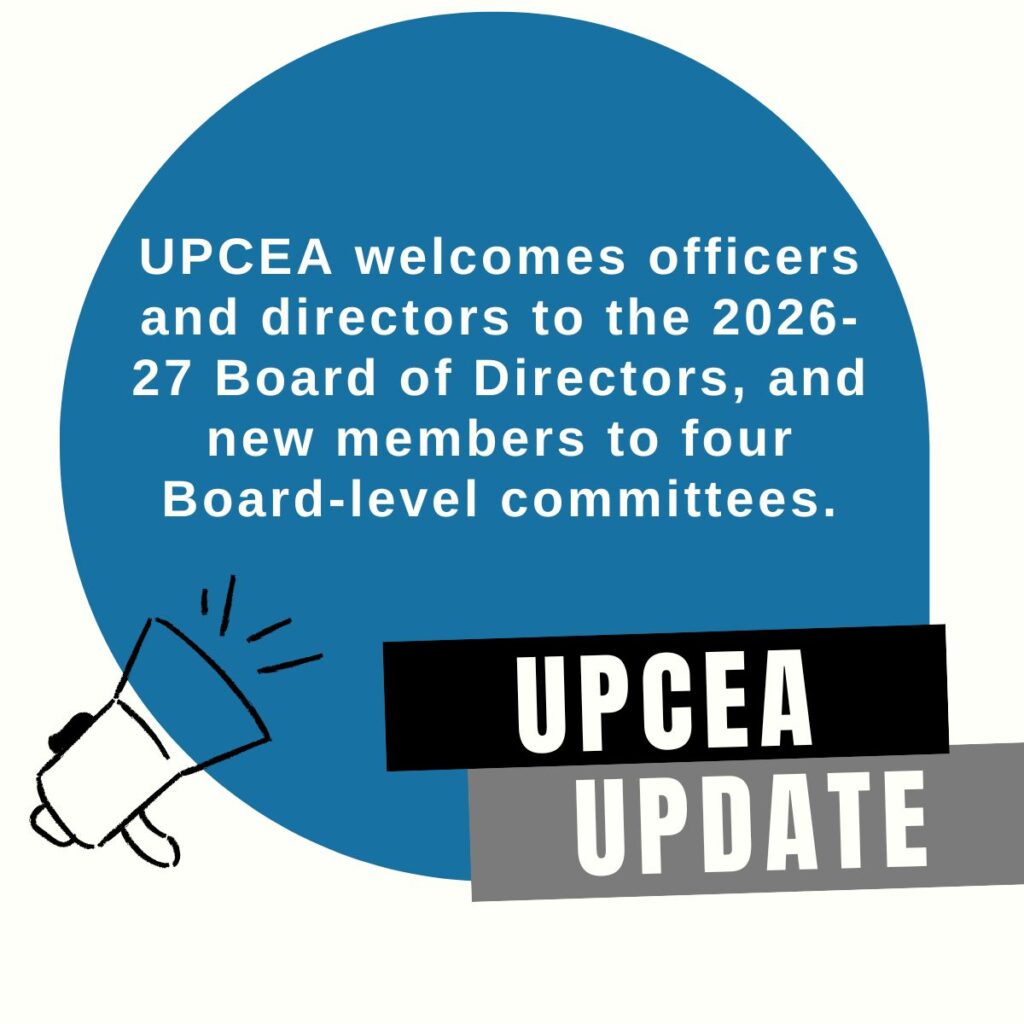As my retirement last year eases into a stage of semi-retirement or what some have labeled as “micro-retirement,” I have had eight months of reflection on my nearly four decades of doing research. After a few months of total abstention, I could no longer keep myself away from the higher education field that I so loved. I slowly eased myself back in by…
The higher education landscape is arguably the toughest it has been in a generation, marked by economic instability, demographic decline, and the constant imperative for greater efficiency. The 2026 Landscape of Higher Education Report confirms this volatile reality: beginning in 2026, many institutions will face a sustained decline in traditional-aged undergraduates. Enrollment growth is now…
When I make presentations about AI, I am most often asked, “What can I do now to ensure that AI doesn’t take my job?” And, that’s a challenge to answer. We do not know just how, and how quickly, AI will roll out. However, a Gallup Poll released last week showed nearly one-quarter of American…
As we look at Artificial Intelligence in teaching and learning, we must look beyond facts, figures and formulas to ensure that the skill of perceiving and managing feelings, emotions and personalization are engaged in the process. Looking back on my lifelong history of learning experiences, the ones that I would rank as most effective and…
Workforce Pell Grants for Short-Term Programs: A Primer and Update from Negotiated Rulemaking: Consensus Reached – What’s in the Draft Regulations
What Online and Professional Continuing Higher Education Leaders Should Know In early December, the Department of Education kicked off negotiated rulemaking with the Accountability in Higher Education and Access through Demand-driven Workforce Pell (AHEAD) committee, focusing most of its efforts in the first week on new Workforce Pell regulations and loss of Pell eligibility as…
UPCEA Welcomes New Board and Committee Members for 2026 Terms
WASHINGTON, December 12, 2025 – UPCEA, the online and professional education association, is pleased to announce the election of new officers and new directors to serve on the UPCEA Board of Directors. Elected in November, these individuals will assume their roles at the conclusion of the 2026 UPCEA Annual Conference in New Orleans, La. on…
UPCEA Releases 2026 Predictions for Higher Education
Report highlights the accelerating transformation of higher education, from AI-driven infrastructure to lifelong learning pathways. WASHINGTON (Dec. 8, 2025) – UPCEA, the online and professional education association, today announced the release of its “Predictions 2026: Insights for Online & Professional Education.” This year’s report brings together expert perspectives from across the association to examine the…
UPCEA Announces Release of New Secret Shopper Benchmarking Study at UPCEA MEMS 2025
Findings unveiled during the conference’s closing keynote reveal major gaps and opportunities in enrollment responsiveness. WASHINGTON and BOSTON (Dec. 4, 2025) – UPCEA, the online and professional education association, today announced the release of its newest research report, Enrollment Process Review: Secret Shopper Analysis, during the closing session at the 2025 UPCEA Marketing, Enrollment Management,…
The tagline for Convergence, Credential Innovation in Higher Education, raises two important questions: First, what kind of credentials are we talking about? Is the scope of credentials unlimited, blue sky, or confined to incremental changes on the margins of the status quo? And second, who is leading that innovation, and what do they need to…
We are pleased to share the foreword by UPCEA CEO Bob Hansen from the newly released Chief Online Learning Officers’ Guidebook: A Framework for Strategy and Practice in Higher Education. The guidebook, now available from Routledge in paperback, hardback, and eBook formats, provides a comprehensive framework for today’s online learning leaders. Learn more and purchase…
Community colleges play a vital role in helping learners access affordable education and career-ready training. Students can earn credentials that lead to meaningful jobs quickly, especially in healthcare. Yet for many, financial stress and unmet basic needs make it difficult to enroll or stay enrolled. These barriers often weigh heaviest on part-time, nontraditional, first-generation, and low-income…
The student journey has changed — and expectations are rising. Students today are moving faster, arriving more informed, and expecting experiences that feel responsive and personalized. Research behaviors are shifting, and AI is increasingly shaping how prospective students discover and evaluate programs. The path to enrollment is becoming more complex and more personalized, and students…

